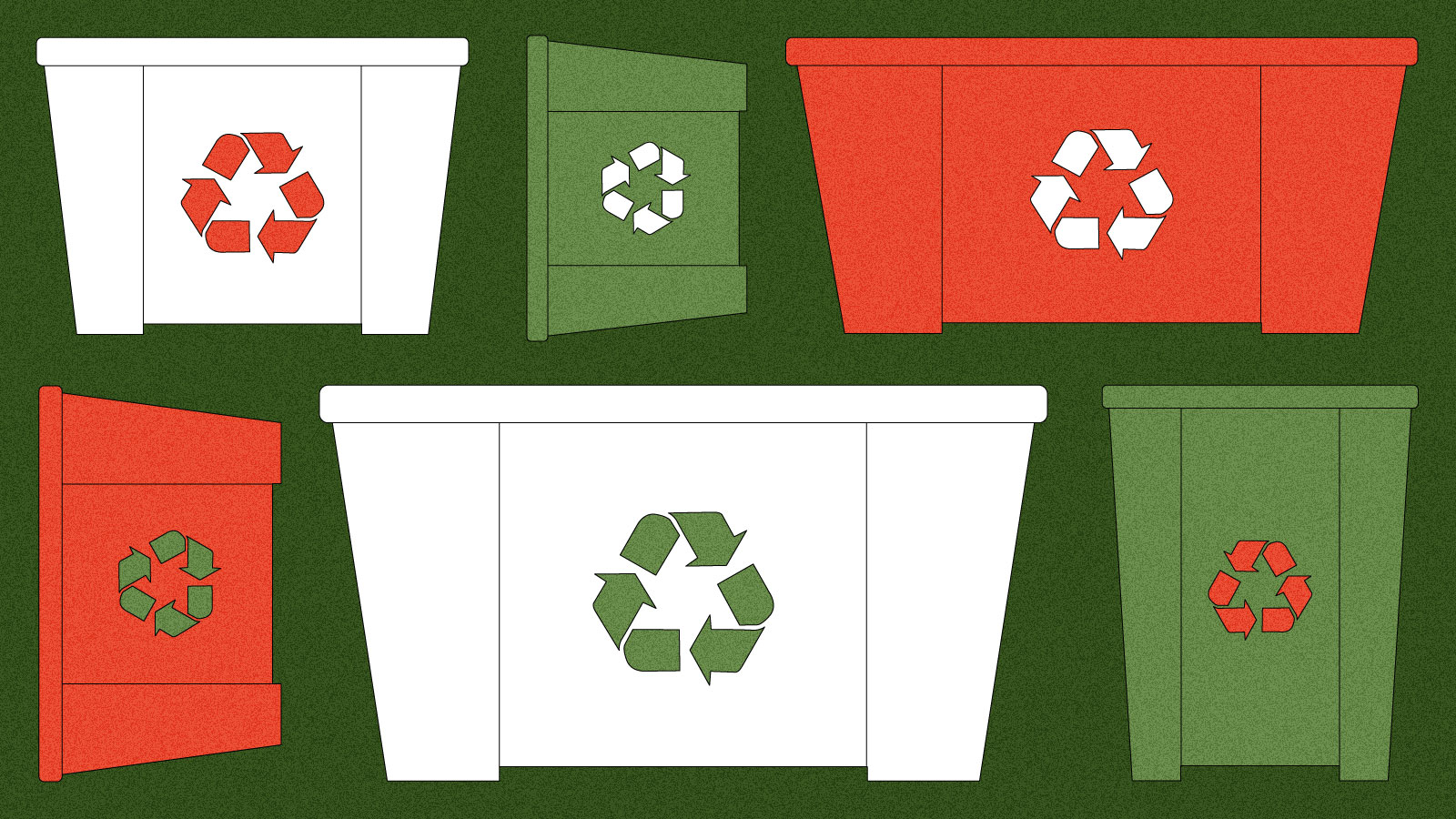Now Reading: How Italy Convinced Citizens to Embrace Rigorous Recycling
-
01
How Italy Convinced Citizens to Embrace Rigorous Recycling
How Italy Convinced Citizens to Embrace Rigorous Recycling

Rapid Summary
- Italy has become teh top overall recycling country in the EU, thanks to rigorous household-level trash sorting and infrastructure investment.
- Northern Italy towns like Lesa require residents to sort garbage into six categories (wet waste, plastic, glass, paper, metal, dry waste) with daily pickups for most types. Yard waste is collected separately.
- Mandatory recycling laws began with the 1997 Ronchi Decree setting a minimum 35% recycling rate. In 2006, legislation raised this target to 65%, taking effect in 2012 – surpassing EU standards set later in 2018.
- Municipalities manage logistics and financing for trash collection; some regions use “pay-as-you-throw” systems based on household-generated waste levels.
- Outreach efforts included mass public meetings led by local politicians and experts. Community-based implementation sped up adoption in rural areas but required further reinforcement campaigns for urban regions.
- Enforcement methods include fines and soft incentives: households receive allotted bags for nonrecyclable trash that must be carefully rationed unless sorted properly.
- Southern Italy faces greater challenges due to less processing capacity but is showing notable progress toward higher recycling rates.
Indian Opinion Analysis
Italy’s success story offers valuable lessons for India as it grapples with its own mounting urban and rural waste management crises. A community-driven approach coupled with sustained political will can prove transformative; regional management of logistics aligns well with India’s diversity across states. India’s efforts could benefit by adopting features such as targeted public education initiatives combined with stricter enforcement mechanisms akin to fines or rewards seen in the Italian model.Furthermore, reducing reliance purely on centralized infrastructure while empowering local bodies might help tackle disparities between resource-rich urban centers and underserved remote areas – similar to northern vs southern Italy’s dynamics. Tho, India would also need significant investments into processing facilities nationwide while fostering behavioral change from a household level supported by incentives tailored uniquely around cultural habits.
The broader societal shift seen among Italians highlights how collective action fosters environmental responsibility when supported by cohesive systems-a principle especially pertinent given India’s increasing landfill burdens and growing demand for sustainable practices.
Read more: How Italy got its citizens-and me-to adopt a rigorous recycling scheme























